In this session of Preflight UK’s Office Hours, James Stuart, CSM at Reed.co.uk spoke to Leila Tan, Customer Onboarding Executive at Tessian, and Kieran Bowker, CSM at SafetyCulture about how CS and onboarding teams can create successful onboarding plans for their customers.
Leila created the onboarding team at Tessien and also created and formalized their internal processes and customer journeys; she did this while simultaneously handling technical deployment for new clients across different industries and segments (SMB to Enterprise).
Keiran began his journey at SafetyCulture in a Support role and set up their onboarding team from scratch. Customer Onboarding handles pre-sales and implementation, while Customer Success handles account management.
The discussion revolved around:
- What successful customer onboarding looks like
- Planning effective handovers and kickoffs
- Dealing with unresponsive customers
- Building customer accountability
- Tools for customer onboarding
Here are our top takeaways from the session.
1. What successful customer onboarding looks like
Given that the customer onboarding journeys at both Tessien and SafetyCulture vary largely based on the customer, it’s hard to have a single metric or approach to identify successful onboarding.
Here’s what Keiran’s team at SafetyCulture uses to measure success:
- Usage metrics: How many users are engaged and active at 60 days from kickoff. This is a metric they track closely at their end, while also working closely with the customer to check if they have helped customers achieve their specific business outcomes.
- Net Promoter Score, at the end of customer onboarding
The customer onboarding team at Tessien uses the following two metrics to measure success:
- Time to onboarding (time taken to get 80% of users using the platform). However, this is not the most reflective metric for them because there often are other integrations, background activities, and projects at the customer end that could impact the time needed to complete onboarding.
- Customer Satisfaction (CSAT) before the onboarding to CS handover. Additionally, the Tessian team also closely tracks how issues were tracked and escalated internally.
Top customer onboarding metrics to track
2. Customizing onboarding for different types of customers
At SafetyCulture, onboarding is offered in three categories based on the account size. The key differentiator in these categories depends on the number of hours spent and the deliverables committed to as part of onboarding.
- For the lower plans, the onboarding team limits the support to training, documentation, and ongoing webinars, instead of focusing heavily on the kickoff or the project management aspects of onboarding.
- For enterprise customers, they design the onboarding process fully and develop a mutually agreed-upon plan that identifies key responsibilities and timelines.
At Tessian, the team opts for a tech-touch, automation-heavy approach for SMBs. They’re working towards a process that allows customers to purchase more onboarding hours (or support) from the Professional Services team.
Tips for crafting an effective customer onboarding methodology
3. Kickoffs and handovers at Tessian and SafetyCulture
Tessian
Handover: Earlier, the customer onboarding team at Tessian relied on a form sent to the Account Executive (AE) via email or Slack to capture the customer’s objectives, the risks associated with the account, etc. The main issue was that forms ended up being filled out after kickoff.
Their current process has evolved to automate this handover using their CRM. Whenever a deal moves towards deal closure, an email is sent to the AE prompting them to fill out the handover form. Any failure to complete this step (despite follow-ups) is automatically flagged/escalated to the AE’s manager. In most cases, this step is then followed by a handover where the AE walks the onboarding specialist through the document and any custom requirements from the customer end.
Kickoff: Before the kickoff call, the AE is responsible for sending a welcome email that sets context, and documentation such as guides and end user communication material. Both the CSM and the AE attend the kickoff meeting to ensure all key stakeholders from the customer side are introduced to the onboarding team. Typically, the AE initiates the kickoff call before formally introducing the CSM and handing the account over to the onboarding team.
SafetyCulture
At SafetyCulture, the handover process is not automated since the product is rather self-serve and most customers don’t need targeted onboarding support. In the case of large customers, the onboarding manager and the account executive have an internal meeting before the kickoff.
The kickoff meeting, led by the onboarding manager, focuses on:
- Narrowing down roles, responsibilities, and timelines at both ends
- Understanding what the customer’s goals are
- Identifying their criteria for success (referred in every subsequent meeting with the customer)
As part of pre-kickoff documentation, they also send the customers a ‘what to expect’ document ahead of the kickoff call so they know exactly what information to prepare, which stakeholders to involve, and what areas to focus on so they can enable their team to contribute effectively to the meeting and the project.
Kickoff Meetings for Customer Onboarding Projects
4. Composition of the customer onboarding team
At SafetyCulture, onboarding is a separate function whose main responsibility is coordinating all the resources needed from the support, product, and engineering teams to get customers to go-live and beyond.
At Tessien, the onboarding team comprises senior project managers who are responsible for managing the project and coordinating efforts to bring in the right inputs and individuals at the right time.
Setting up your first customer onboarding team
5. Best practices for dealing with unresponsive customers and building accountability
- As part of handoff, identify the customer’s preferred method of communication (phone/Slack/email/MS Teams).
- Leverage the rapport your sales colleagues have with the customer when things are stuck.
- It can be helpful to ask, ‘Are you the right person to run this project?’. Done tactfully, this can either (a) nudge the customer counterpart to take more initiative, or (b) connect you to the right POC for the project.
- Focus on transparency and accountability. Let them know exactly what they can expect at each stage, in terms of the process as well as their contribution to it.
- Have an honest conversation about the impact of not completing onboarding effectively. But you can also identify when your customer doesn’t need you, so you can move on, after making them aware of the next steps.
- Get the right stakeholders to attend the kickoff call. That plays a huge role in keeping the project on track.
- Ask customers for the cadence of communication or follow-ups they’d prefer. A weekly call where customers ask all their questions and give updates from their end is more powerful than multiple follow-up emails.
- Use weekly meetings to review the project plan and the current status of the project.
6. Tools and processes for customer onboarding
Both teams use their CRM (Salesforce) mostly for handovers and to have all the information from presales, sales, onboarding, and customer success in one place.
The customer onboarding team at Tessian uses a Gainsight plugin for Salesforce that enables CSAT collection, post-onboarding surveys, and email campaigns. However, implementation-specific aspects such as project planning, visibility, tracking, etc., are carried out using spreadsheets.
The team creates an onboarding plan for each customer, though the level of detail varies depending on the segment and the size of the account. This plan uses a Gantt chart in MS Excel to highlight the project phases, the expected timelines, etc.
At SafetyCulture, the customer onboarding team uses Typeform for their NPS and CSAT collection, though the process is not yet automated, They are building their integrated tool to ensure better control and visibility over onboarding.
Rocketlane’s Salesforce integration automates project creation, project pipeline creation, and information transfer between the two platforms, thereby enhancing visibility for all stakeholders involved.
7. Advice for a nascent customer onboarding team
- Map out the best journey for the customer from A to Z, using your product and presenting it visually to the customer.
- Focus on building a culture of information sharing and transparency, both internally and externally.
- Avoid rushing into onboarding. If required, push back and refuse to begin onboarding till you have access to all the information you need to make onboarding effective.
If you want to learn more about Customer Onboarding, Implementation, and Professional Services in-depth, join the Preflight Community.


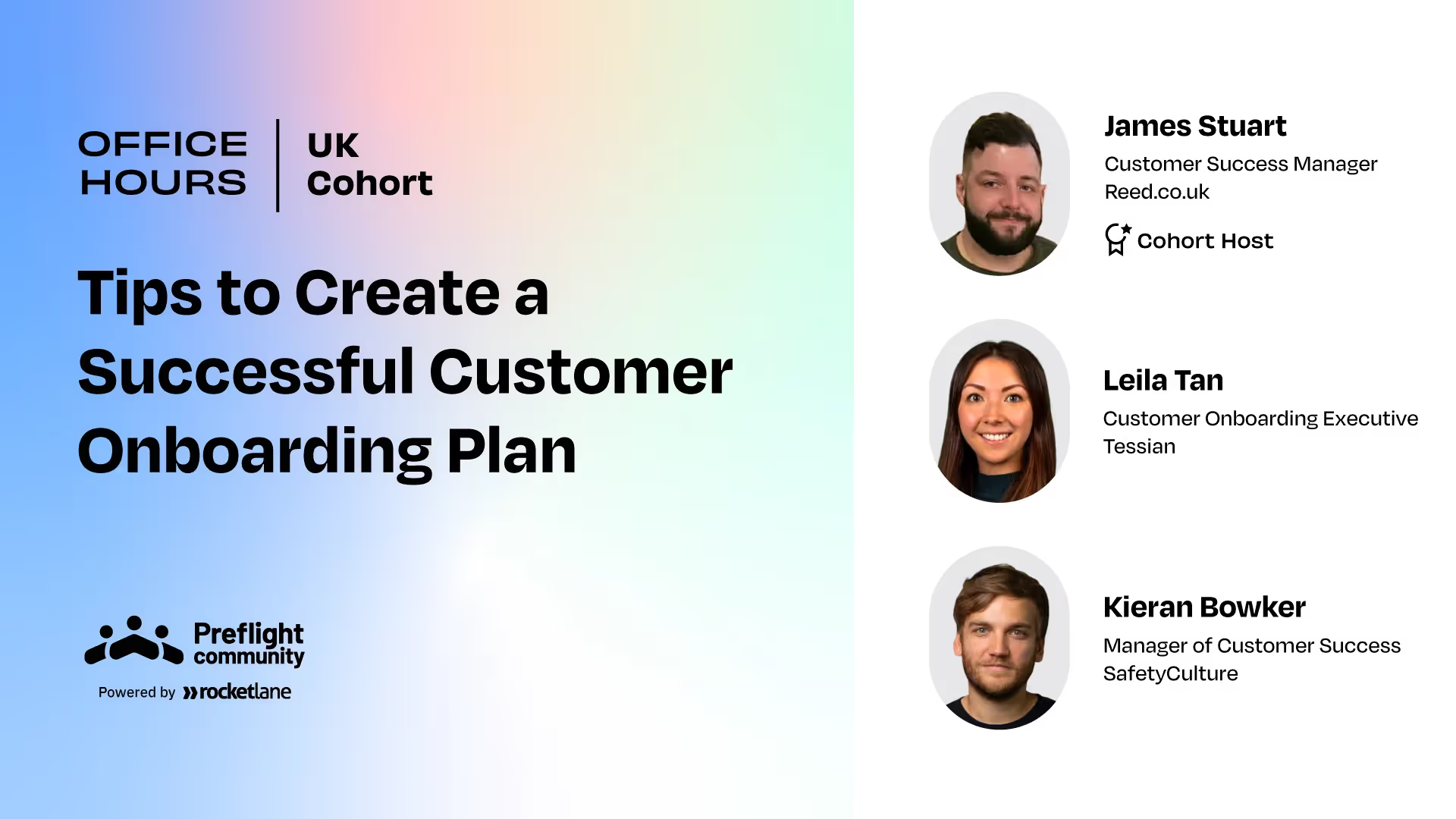

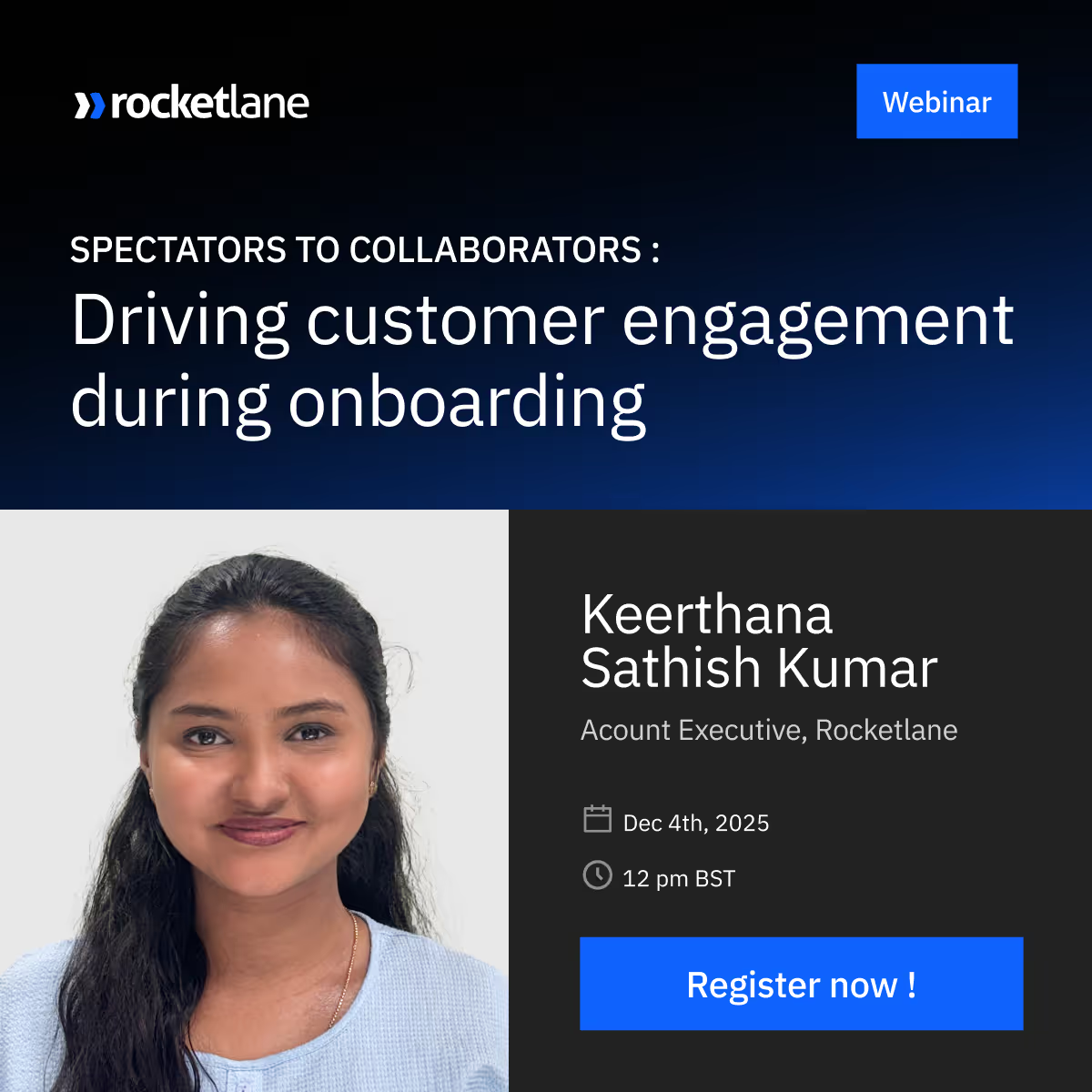

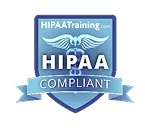
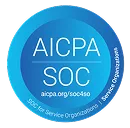
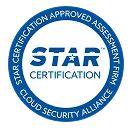

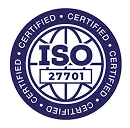









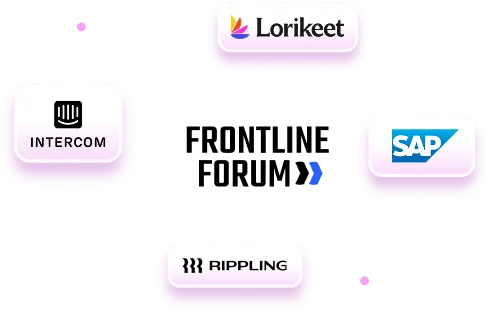
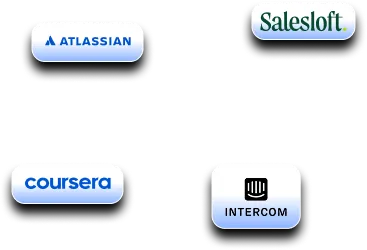
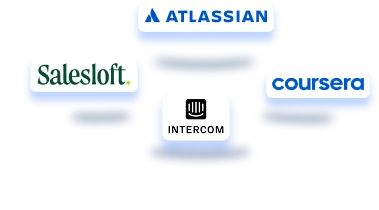
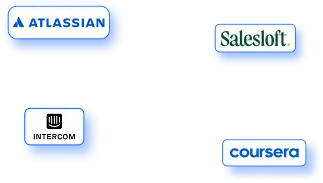
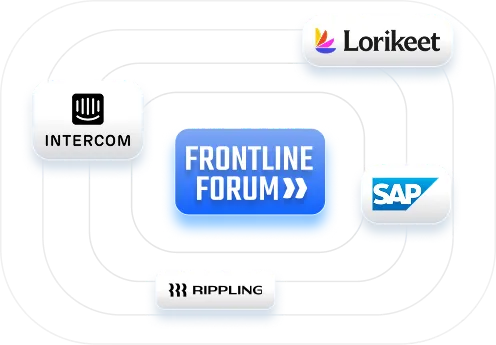
.webp)